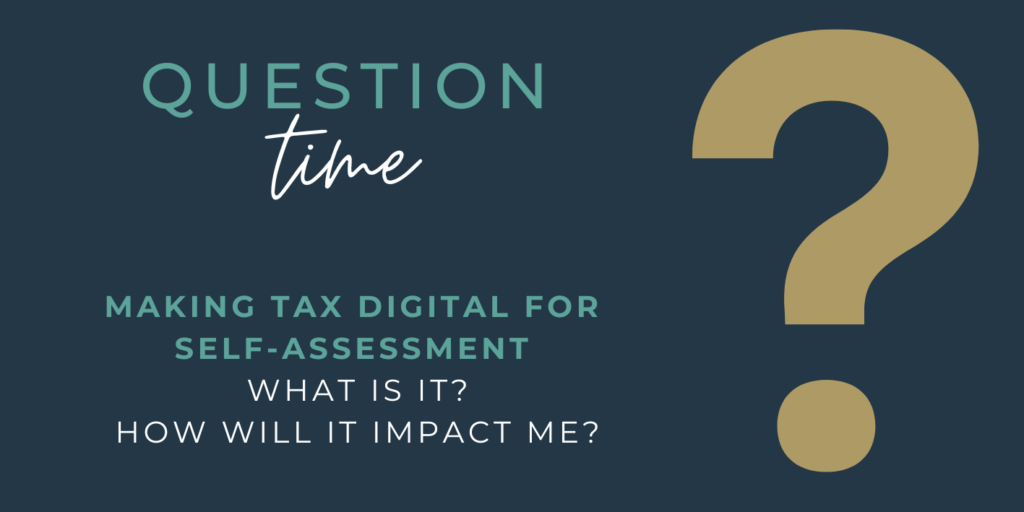What is the difference between an accountant and a bookkeeper?
Accountants and bookkeepers have pivotal roles in the fortunes of every kind of business. The fundamental role of both occupations begins with basic financial records. But what do accountants do which bookkeepers don’t? And when should you choose one or the other to support your business?
This guide will help you understand how the roles differ and where they cross over, as well as helping you to identify which type of firm you should engage for your business.
What does an accountant do?
Accountants are responsible for maintaining and analysing financial records, and recommending appropriate courses of action. The majority of accountants are professionally qualified, although some firms trade as accountants without qualifications. Accountants perform a wide range of finance-related tasks, either for individual clients or for businesses and other organisations.
Accountants generally work in private practice or in in-house roles within companies, government and not-for-profit bodies. Accounting firms usually provide professional services for a range of clients, and are often known as general practice accountants. Firms will often have specialists in different areas. At Perrys, for example, we ar e a general practice firm but we have partners and senior accountants who specialise in many areas including construction, property, taxation, wills and probate, making tax digital and ecommerce.
Accountants are qualified to undertake a full range of essential financial management tasks. The core activities for business clients are to:
- complete and submit tax returns
- manage financial systems and budgets
- maintain accounting records
- prepare accounts and management information
- undertake financial audits
- provide strategic advice, including financial planning and forecasting
- analyse risks
- undertake tax planning to minimise clients’ tax liability
- advise on financial processes
- investigate fraud
- deal with insolvencies
For private clients, the focus for accountants is most commonly on tax returns, estate planning (including Inheritance Tax), and property.
Qualified accountants usually specialise in different fields such as
– management accounting (forecasting, cost reporting, budgets)
– financial accounting (statements for shareholders)
– tax (tax advice and reporting)
– forensic accounting (fraud investigations)
When you engage a chartered accountant, you are using the services of a highly qualified expert for whom expertise in financial matters goes hand in hand with impeccable professionalism. In the words of the ICAEW (Institute of Chartered Accountants in England and Wales), “Chartered Accountants are expected to demonstrate the highest standards of professional conduct and to take into consideration the public interest.”
What does a bookkeeper do?
Bookkeepers cover the nuts and bolts of financial management through accurate recording of all transactions covering payments coming into and going out of the business. The role of bookkeepers can extend into a wide range of other services including the provision of:
- bank reconciliations
- information for tax returns
- management of payroll and staff benefits
- debt management
- cash flow reporting
- budgeting
- profit and loss statements
- balance sheets
- advice and training on digital tools for bookkeeping
The characteristics to look for in bookkeepers are a relentless attention to detail, coupled with technical knowledge of finance, and the ability to communicate clearly.
Accountant vs bookkeeper
One way of describing the different roles of accountants and bookkeepers is that the former look at the bigger picture for businesses while the latter focus on detail.
The lines between the two occupations can appear to be blurred, with some accountancy practices (including our team at Perrys Chartered Accountants) offering detailed record keeping in addition to higher level advice and services. Some bookkeepers provide advice on ‘big picture’ issues.
The fact remains, however, that bookkeeping provides the building blocks of accounting. The detailed financial information managed by bookkeepers is essential for keeping businesses running. That information feeds into the wider ranging analysis and strategic advice which is what accountants have trained for many years to provide.
What qualifications do accountants and bookkeepers have?
Accountancy qualifications
UK accountancy qualifications involve lengthy periods of study, training and work experience. They are held in high regard the world over because they are very thorough and highly demanding.
Professional accountancy qualifications are issued by;
· ATT (Association of Tax Technicians)
· CIMA (Chartered Institute of Management Accountants)
· ACCA (Association of Chartered Certified Accountants)
· ICAEW (Institute of Chartered Accountants of England and Wales)
The top qualification is that of Chartered Accountant (ACA) from ICAEW. It involves 15 exam modules and 450 days of practical work experience. Chartered accountants hold senior roles in business, public bodies and accountancy and advisory firms.
Bookkeeping qualifications
Although there is no formal requirement to hold any qualifications to work as a basic bookkeeper, the credibility of practitioners is greatly enhanced by relevant credentials. Three principal organisations award bookkeeping qualifications on successful completion of study courses. Different levels of qualification can be found through:
· AAT (Association of Accounting Technicians)
· IAB (International Association of Bookkeepers)
· ICB (Institute of Certified Bookkeepers)
With appropriate qualifications, bookkeepers can undertake more complex financial work. The period for completing studies is generally flexible, but in most cases, will be between six months for Level 1 qualifications and eighteen months for higher levels.
In conjunction with studying, experience gained as a bookkeeper either in a practice or in-house is an invaluable way to develop professional skills.
Do I need an accountant or a bookkeeper – or both?
How do you decide which type of practice to work with? The decision begins with being clear about the services you need to run your business, and about your goals for the future.
Do you principally need someone to look after all the detail of your income and expenditure? It is time-consuming to manage every invoice and every payment, and to make sure they are correctly logged, banked and reconciled. As a small business without the resources to properly look after every transaction, taking on a bookkeeper is likely to have the benefits of making sure your records are in good order, and of freeing up your time to concentrate on your main business activities.
For small or medium sized businesses who employ staff and don’t have an HR function, there is a world of complexity to be dealt with on payroll, benefits and workplace pensions. Outsourcing these activities to a suitably experienced bookkeeper can be a hugely positive move. The same is true of preparing information for tax returns, or producing a range of financial statements.
But what if you want to dig deeper into your business finances and, for example, explore ways of becoming more tax efficient, or of formulating plans for the future – whether for growth, or disposal or even closure of your business? Do you need help with HMRC, or insights into options for financing? If yours is a limited company, do you need a formal audit?
For any of these stages, and more besides, you need the services and advice of a qualified accountant with current knowledge of statutory requirements and best practice. The type of firm you choose will depend on your specific circumstances, but for most small and medium-sized businesses, a general practice firm with experience in your field is the best place to start.
What do accountants and bookkeepers charge?
Engaging a bookkeeper is always likely to be a highly cost effective way of managing the financial records of your business. Fees are lower than for accountants, reflecting the less demanding route to becoming a bookkeeper. Even so, bookkeepers can be instrumental in keeping their clients’ businesses on track and in good order.
Accountants are likely to make a bigger difference to the fortunes of their clients. Within an accountant’s range of expertise is professional knowledge about minimising tax burdens, and developing profitable strategies. Accountants will charge higher fees than bookkeepers, but the financial benefits from employing the right accountant often comfortably outweigh the cost.
What if I need bookkeeping and accountancy services?
It is often true that businesses need both bookkeepers and accountants. At Perrys Chartered Accountants we offer a comprehensive range of accountancy services in addition to bookkeeping expertise provided by our teams of experts.
The advantage of working with us is that your financial information is under one roof, and there is a seamless flow of financial information from our bookkeeping team to our accountants. That’s a benefit which serves many of our clients very well indeed.
Find out more about our accountancy and booking services with a free consultation.








